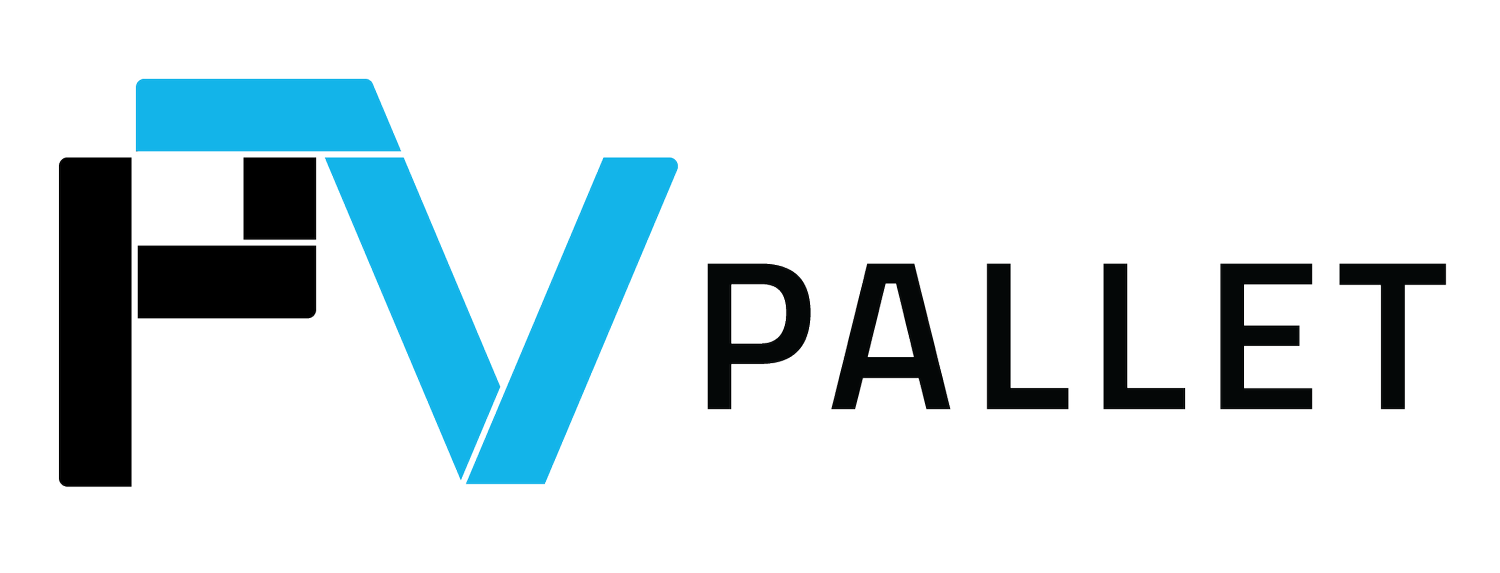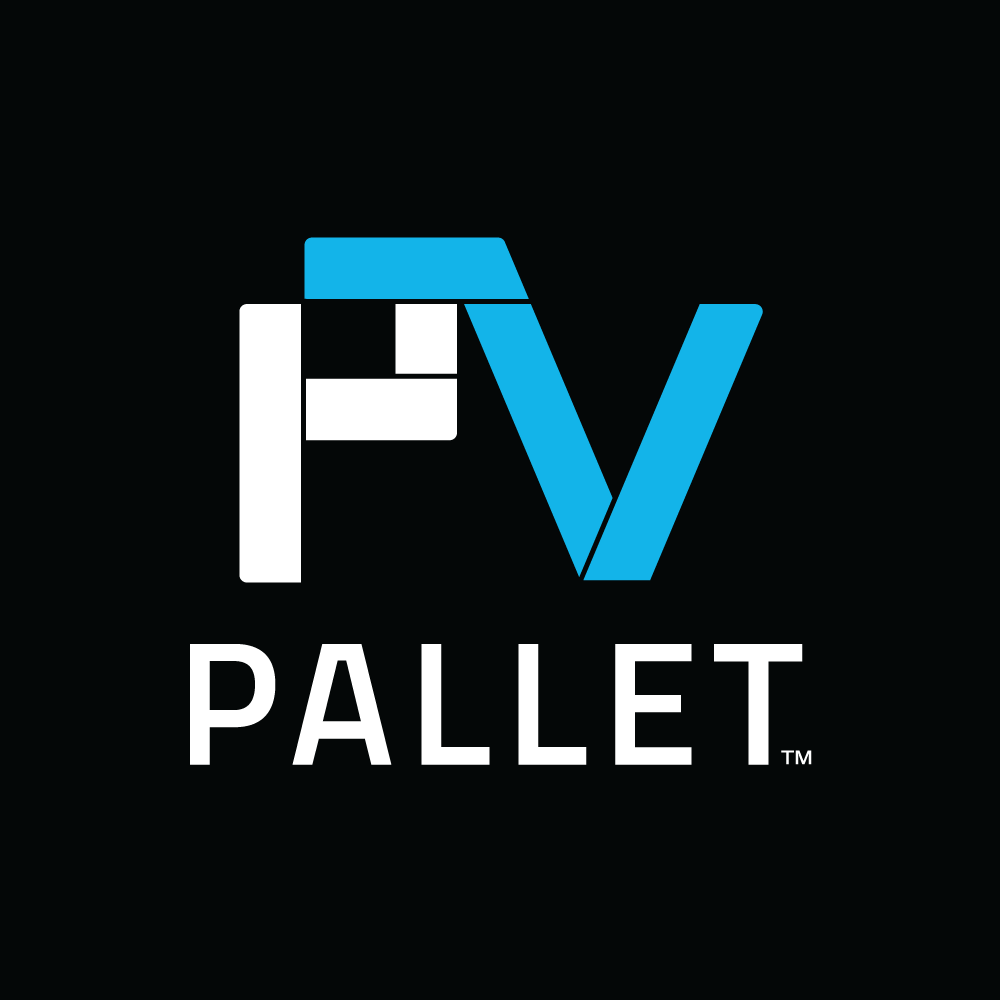Extreme Ownership: The Missing Mindset in Sustainability
Jocko Willink’s Extreme Ownership isn’t a sustainability book. It’s a leadership manifesto—born in the chaos of Navy SEAL operations and refined into business strategy. But if you take a closer look, the principles of Extreme Ownership offer a mindset shift that could fast-track meaningful change in how companies approach sustainability.
Here’s the big idea: You are responsible for everything in your world. Period.
Not just your actions—but your outcomes. Your team’s performance. The missed deadline. The waste stream. The packaging in your supply chain that ends up in a landfill.
That’s a radical idea—and exactly what sustainability needs.
Most Sustainability Efforts Fail Because No One Owns the Problem
Let’s be real: sustainability is often treated like someone else’s job.
In solar, packaging responsibility is often a game of hot potato. Raw material suppliers ship products in whatever’s cheapest in the short term. Manufacturers pass the issue downstream. Developers point to EPCs. EPCs blame the installer. And the installer shrugs: “This is just what showed up on site.”
Meanwhile, single-use packaging piles up. Modules break in transit. BOS components get damaged. Costs quietly rise. And the landfill keeps filling up—not because people don’t care, but because no one truly owns the problem.
Extreme Ownership destroys that pass-the-buck mentality.
“There are no bad teams, only bad leaders.”
— Jocko Willink
If you’re in a leadership role—of a company, a project, or a supply chain—you have the power (and the responsibility) to take ownership of your environmental impact.
That includes how your modules, racking, trackers, and electrical components are packaged, transported, and protected.
And when you take ownership, you start asking better questions:
Why are we still using wood pallets and plastic wrap?
How much waste do we generate per project?
What would it take to transition to reusable packaging?
That mindset leads to change.
Sustainability Requires Leadership, Not Lip Service
If you’ve ever sat through a corporate ESG presentation that said all the right things but changed exactly nothing—you’ve seen the opposite of Extreme Ownership.
Extreme Ownership means looking at your own operations—your packaging CAPEX versus disposal costs, your breakage rates and insurance claims—and saying: “This is on me. I’m going to fix it.”
And one of the most tangible places to start? Transitioning from one-way packaging to reusable systems.
It doesn’t require a sweeping overhaul. Just the willingness to lead the shift. Identify where single-use materials are costing you the most—and where reusable packaging could reduce waste, prevent damage, and streamline your logistics long-term.
Tactical Sustainability: Apply Jocko’s Laws of Combat
Jocko’s four laws of combat leadership apply just as well to sustainability initiatives—especially when implementing reusable packaging in solar:
Cover and Move. Work as a team. Manufacturers, developers, EPCs, and installers need to align. Packaging touches every stage of the project—so solving it requires collaboration.
Keep It Simple. Reusable packaging doesn’t need to be complicated. Start with high-waste areas like solar module shipping or eBOS equipment. Try a pilot project. Use what's already available off the shelf.
Prioritize and Execute. Don’t try to solve everything at once. If breakage is costing you time and money, fix that first. Reusable options can reduce damage and improve site efficiency.
Decentralize Command. Empower field teams, warehouse crews, and procurement managers to spot problems and suggest improvements. Ownership culture spreads when everyone has a voice.
Reusable Packaging: A Real-World Example of Extreme Ownership
At PVpallet, we’ve seen solar leaders take Extreme Ownership of their packaging systems—and see real results.
Stateline Solar cut module breakage by 92% after switching to a returnable pallet system. Premier PV has prevented thousands of pounds of landfill waste by shipping their eBOS components in reusable, collapsible bulk containers. Some companies have even implemented closed-loop packaging models where pallets and containers are returned, reused, and tracked for long-term savings.
They didn’t wait for a perfect policy. They didn’t wait for someone else to lead.
They looked at the problem—and owned it.
Final Thought: Own the Outcome
Sustainability isn’t someone else’s job. It’s not a policy. It’s not a buzzword. It’s leadership.
And one of the clearest, most actionable places to start is packaging.
If your solar company wants to make a real impact—on the environment, on efficiency, on long-term growth—it starts with someone saying: “I’ve got this.”
So here’s the challenge: What part of your packaging process are you ready to take Extreme Ownership of?
Let’s talk about it. Contact us.



